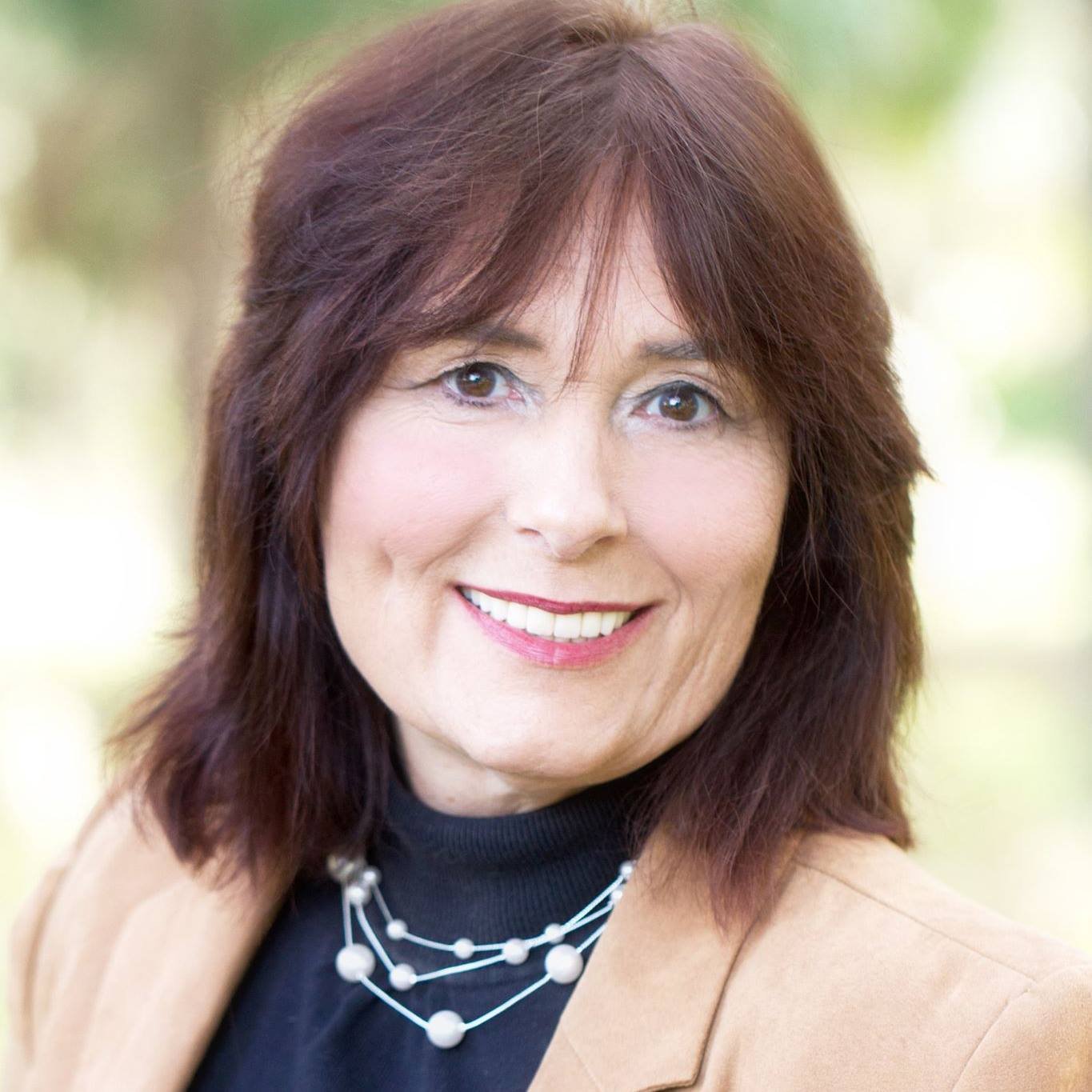Tamara Patzer: I think you explained it very well and it just made me think of it’s the thought that counts, and actually to know that you meant something to somebody, enough that they would even mention you is a really big gift in itself. To just know that you meant something to someone. You mentioned early on about the health care planning and it makes me think of the end of life issues that people have to consider, and about, for example, my father’s eighty-nine years old and he’s actually dealing with a situation right now where his girlfriend, longtime girlfriend who’s also eighty-nine has dementia. They’re not married but he’s trying to figure out how to get her help because her family’s kind of like, whatever, but it makes me think about these health care planning issues and end of life issues so that you don’t put someone who you care about into a situation like my dad is in. He’s older but he’s still okay, mentally capable, she really needs to get help, so what does he do? Talk a little bit about the health care planning and end of life issues that people should be thinking about and getting some information, and being educated about.
Brian Douglas: Sure. As you said earlier, it’s never too early for any of these topics because tomorrow’s never guaranteed for us. There’s no tomorrow, we don’t know what’s going to happen in ten seconds, ten minutes, ten years, whatever, so it doesn’t matter if you’re old or young. You can be struck with illness, you can be in an accident and end up in a situation, Terry Schiavo’s probably the most famous example. I say her name a lot just because the media coverage that she got over the course of a year or so, and you remember she was the woman in Florida that ended up in what was called a persistent vegetative state, where there was a fight between her husband and her parents over what would happen with her, and what her true end of life decisions were that she had planned.
I want to say, and I may be wrong, I want to say, and I may be wrong, she was young, I want to say she was in her thirties and she was struck by a weird cardiac condition that ended up basically, she ended up losing oxygen and so on and so forth. She ended up in that persistent vegetative state where medical science said she would never recover, and she was basically just being kept alive by a machine. The interesting thing about that case that I think a lot of people don’t realize is not what happened, and not the fighting and the fact that the pope weighed on it, and the president of the United States weighed in on it, the Supreme Court of the United States, the governors, and all the media attention, the media circus that went around it that we saw. To me that’s not the interesting part. The interesting part, or should I say shocking part is that she lived like that for thirteen years, and that’s what they didn’t talk about. That wasn’t in the news for thirteen years. The media cycle that we have in this country is unique, and they always want the flavor of the day, and they want the sensationalized story, and it’s entertainment, and I get all that, and that’s a whole other conversation to have, but the point is while the outrage and everything that happened in this country for that time, a year or so that she was in the news, she lived like that for a long time and nobody knew who she was. Nobody knew what was going on, and then you think about the fact of however many other people live like that. To the point of planning at any age, at any level, regardless of assets, regardless of family, if you have any desires to live that way or to not live that way, the only thing you can do is plan for it. If you end up falling down stairs and ended up with brain damage, and you think you’re Abraham Lincoln, you can’t take care of yourself anymore. Who makes your medical decisions for you? The example of your father. Not only that, who takes care of your finances? Who has access to your bank accounts? Who’s going to pay your bills? Where’s the money going to go? Does your house get foreclosed on because nobody can get into your account to pay the bills? So on and so forth. Those issues always exist at any stage of life because anything can happen. The world is a very crazy place, and life can be very strange and cruel, and certainly unpredictable at times. That’s one issue of it.
The second issue of it, in the older age is like the example of your father and his girlfriend, where the diseases of the mind have set in. Most people don’t study long term care and know about nursing homes and stuff like that until it hits their family, but if you pay attention to it, the fastest growing area of the long term care world, if you will, I don’t know that you call it, the industry is the memory care facilities. It’s not just nursing homes, now there’s specific memory care facilities to deal with dementia, and more commonly Alzheimer’s because we’re living so long physically, but these diseases of the mind are taking over to where we can’t do anything for ourselves. They’re horrible, tragic diseases to be inflicted with and to have, until they find a cure we’re going to keep dealing with that, but people can live for ten, twenty years with dementia, they can live for that long with Alzheimer’s, but they need a tremendous amount of care because they can’t take care of themselves.

